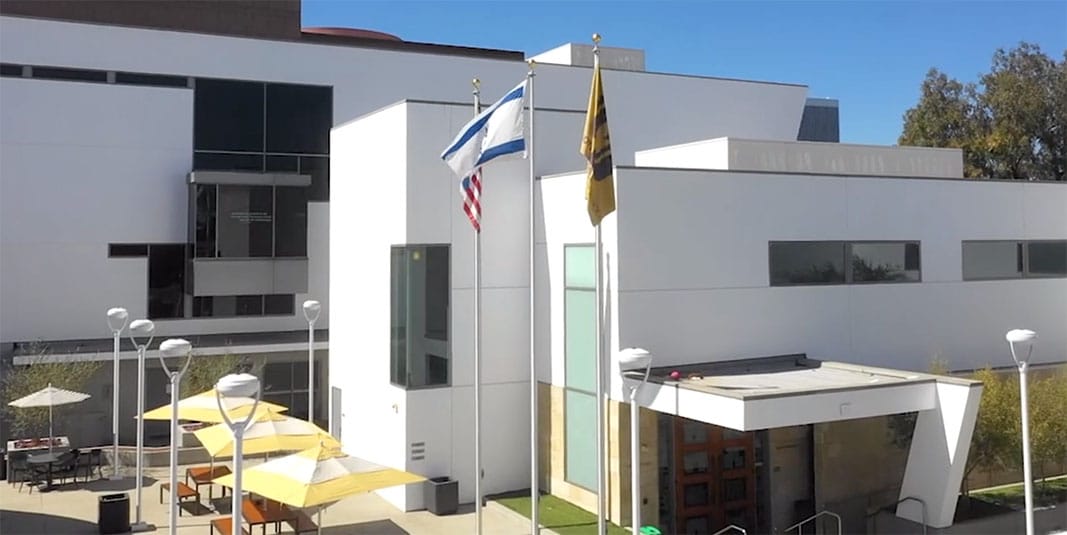While no one can predict the outcome of what will happen in Egypt, surely someone should have considered the possibility of a popular uprising against an 82-year-old ruler who was widely unpopular with large segments of his population and whose economy was failing, whose most educated youth faced dminishing prospects for employment and had little hope. With corruption rampant, resentment high, such an uprising in the name of democracy should have at least been considered and contingency plans formulated.
The real surprise is that what has been occurring in Egypt seems like such a surprise.
The second surprise is that with so much changing so few minds have changed, at least within the Jewish community.
Our far left is celebrating the triumph of democracy as if a democratic outcome is certain and as if there is no possibility of a one repressive regime that has a cold peace with Israel can be replaced by another repressive regime – Islamist or otherwise—that seeks to abrogate the peace treaty or make it ever more frigid. They also are failing to grapple with a second unexpected reality: the Israeli-Palestinian conflict did not play a factor in this uprising. So the expectations that such a peace treaty will calm the reason are overblown. The uprising was all about Egypt and only about Egypt, at least for now.
The right sees the current situation as vindication of its own belief that peace is not for this generation and that the status quo is to Israel’s advantage, now as before, even as there is no status quo and no likely return to the status quo ante.
The less extreme people I have spoken with in Israel and the United States are conflicted. I hear the words: “on the one hand” and “on the other hand.” I suspect that is why there is little criticism of the manifest ambivalence of the Obama Administration, which has reflected the incoherence of its own ambivalence. We are on the side of democracy, but we are also on the side of those who support us and cooperate with us, those rulers who have been our friends and welcome American leadership.
Perhaps none are more conflicted that the neo-cons who had push for a democracy agenda and who presumed that such an agenda would surely serve America’s and Israel’s interest. Such an outcome is at best uncertain, perhaps even unlikely at this moment.
Israel seems paralyzed, overwhelmed by events that have overshadowed the other manifestly important pre-Egyptian development in the Middle East.
Pay heed: Palestinians on the West Bank do not share the Egyptian complaints about their own rulers. Prime Minister Salam Fayyad has created economic conditions that have allowed for 9% growth on the West Bank, more than three times the growth of the United States. He has done so without the benefits of an oil based economy and on the talent of the Palestinian people.
Salam Fayyad, a competent economist who is Prime Minister, has shaped Palestinian institutions in anticipation of statehood that are far more transparent and less corrupt than before and through cooperation with Israel have also created security among the populace. Even those who despise Israel have been exposed to the advantages of democratic institutions, the rule of law, elections, freedom of speech and the press.
The economic developments are on part of the equation. Important political developments have also taken place.
Parents who have divorced know that the worst moment of all, the moment of greatest hesitation, is telling the children. The leaked cables of Palestinian conversations with Israel and potential concessions to Israel for a peace treaty were designed to embarrass the Palestinian leadership and result in street demonstrations that would delegitimate, if not topple the regime. Instead, there were demonstrations against Al Jazeera, attacks on its offices. The children, Israeli and Palestinians, have now been told the fact of divorce and the price of divorce and they did not behave a predicted. So we are one step closer to a divorce – euphemistically known as a peace—between Israel and the Palestinians.
I have long believed that the language of divorce rather than peace makes the most sense. In a divorce, people separate because they cannot live together, cannot trust each other. They divide assets not because they do not want all the assets but because if the assets are divided, both sides can build a future independently of each other, survive and ultimately thrive on their own. Divorce means that you can not share the same home or sleep in the same bed, but cooperation is required if children are to be raised. And an outside party is needed to enforce the terms of the divorce.
I was both pleased and chagrined to see the leaked cables; pleased because they spoke of the possibility of reaching an agreement, of Palestinian realism, of a Palestinian partner. Chagrined, because once again a shift in Israeli leadership – remember the assassination of Rabin in 1995, the defeat of his successor Shimon Peres, the defeat of Barrack, and the resignation of Olmert because of his own corruption – has taken us back to square one.
With no status quo ante possible in the Middle East, I think I know what the Obama administration would like to see emerge. I also know what Fayyad’s strategy is and frankly I wish him well in the economic and institutional plans he is developing for Palestinian statehood. I wonder what Israel’s strategy is. Don’t you?






















 More news and opinions than at a Shabbat dinner, right in your inbox.
More news and opinions than at a Shabbat dinner, right in your inbox.